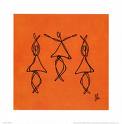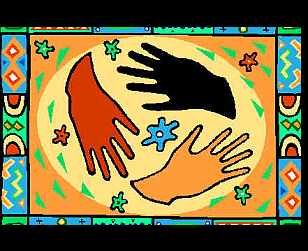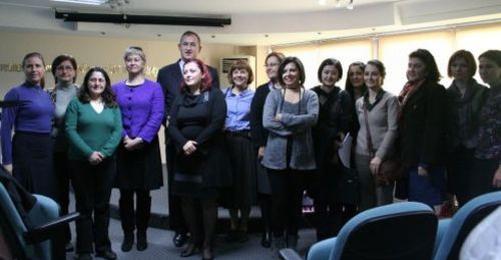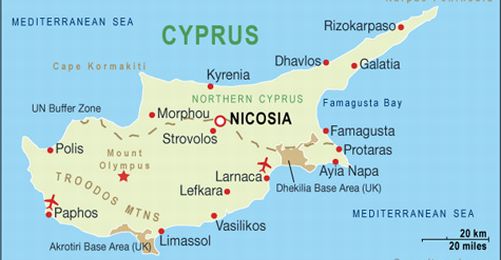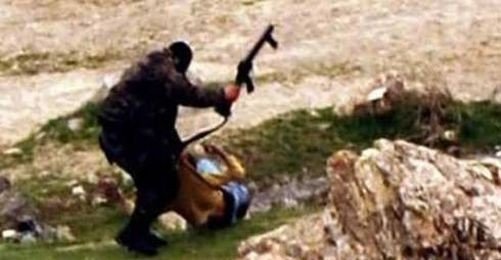The United Nations Children's Fund (UNICEF) estimates that this year around 2 million Iraqi children have been affected by malnutrition. The organisation says that since Iraq was occupied by the US and allied forces in 2003, children have increasingly suffered from the conflict.
Some statistics
- At the beginning of the summer, only 28 percent of the 17-year olds were able to enter the school graduation exams, and only 40 percent of them were able to pass.
- Around 220,000 children of primary school age have been displaced and most of them have no access to education. In 2006, around 760,000 children are estimated to have had no access to education.
- In remote areas, children cannot access basic health services. Outside of Baghdad, only 20 percent of towns and settlements have sewerage systems.
- An average of 25,000 children are displaced with their families every month because of the fighting. At the end of this year, around 75,000 children are living in camps.
- Hundreds of children have died or been wounded in fighting. Around 1,350 children have been arrested by military authorities or the police
Immunisation programmes
On a positive note, UNICEF announced that around 4 million children were immunised against polio in house-to-house visits, and more than three million against measles, mumps and rubella As a result of these campaigns, Iraq remains polio-free and measles cases are dramatically down -- from 9,181 in 2004 to just 156 up to November in 2007.
Call for support
In its press release of 21 December, UNICEF has called for support to:
1. rapidly increase attention and action to meet the immediate needs of children and families inside Iraq - focusing on all vulnerable groups;
2. widen humanitarian access to Iraqi children and their families in conflict zones, behind security barriers and in detention centres; and
3. strengthen Iraq’s capacity and initiatives to improve governance and mobilize its own resources to invest in national recovery. (EÜ/TK/AG)





